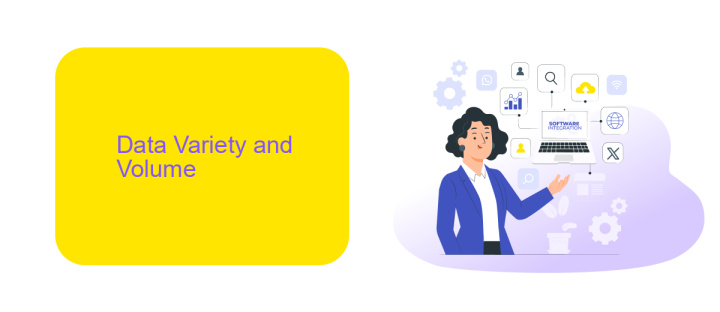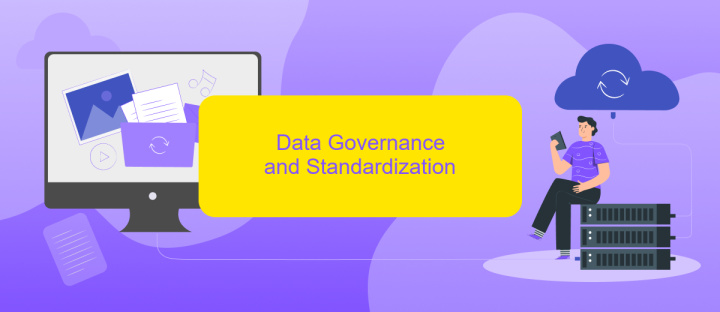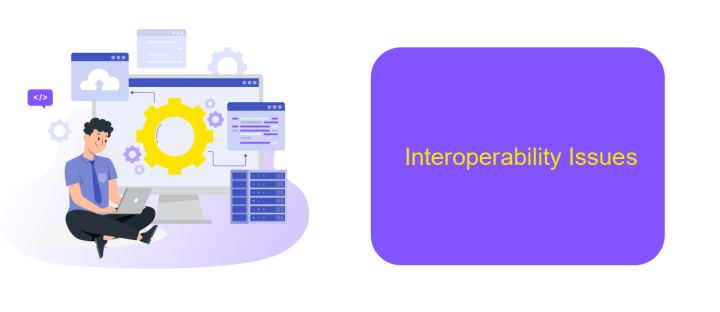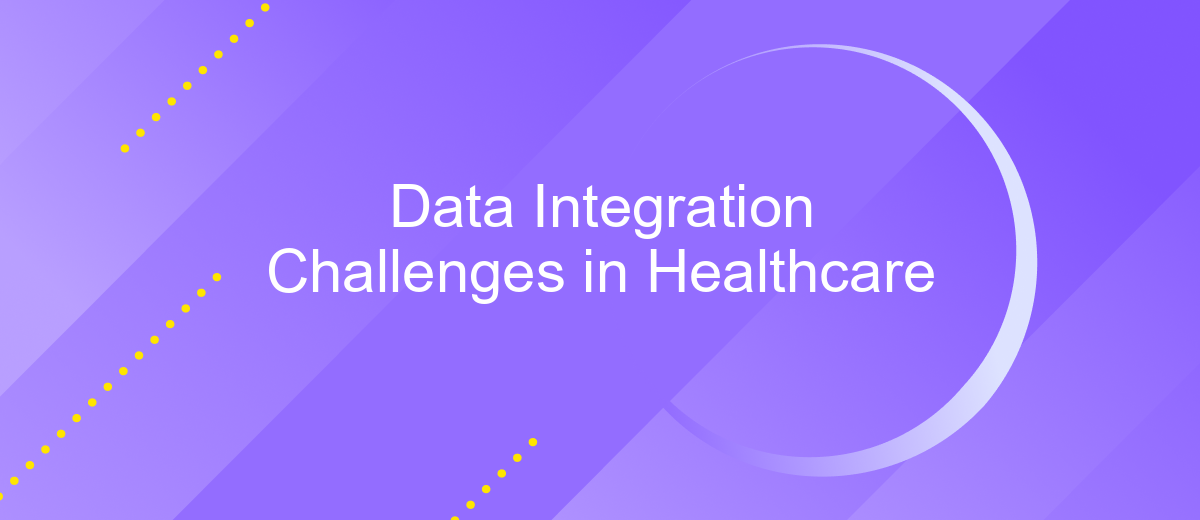Data Integration Challenges in Healthcare
Data integration in healthcare is a critical yet complex endeavor, involving the seamless merging of diverse data sources to provide a unified view of patient information. This article explores the key challenges faced in achieving effective data integration, including interoperability issues, data quality, privacy concerns, and the need for standardized protocols. Understanding these obstacles is essential for improving patient care and streamlining healthcare operations.
Introduction
Data integration in healthcare is a critical challenge that impacts the efficiency and effectiveness of patient care. The seamless exchange of information between various healthcare systems is essential for providing comprehensive and timely medical services. However, numerous obstacles hinder this process, ranging from data standardization issues to security concerns.
- Inconsistent data formats across different systems
- Lack of interoperability between healthcare applications
- Data privacy and security concerns
- High costs associated with integration solutions
- Limited technical expertise in healthcare organizations
To address these challenges, healthcare providers are increasingly turning to integration platforms like ApiX-Drive. This service simplifies the integration process by offering pre-built connectors and automated workflows, enabling healthcare organizations to synchronize data seamlessly across various systems. By leveraging such tools, healthcare providers can enhance data accuracy, improve patient outcomes, and reduce operational inefficiencies.
Data Variety and Volume

One of the most significant challenges in healthcare data integration is managing the variety and volume of data generated by different sources. Healthcare organizations deal with a wide range of data types, including structured data from electronic health records (EHRs), unstructured data from clinical notes, and semi-structured data from medical devices. This diversity makes it difficult to standardize and integrate data seamlessly, often leading to data silos and inconsistencies that hinder effective decision-making and patient care.
The sheer volume of healthcare data adds another layer of complexity to integration efforts. With the increasing adoption of digital health technologies, the amount of data generated daily is growing exponentially. Tools like ApiX-Drive can be instrumental in addressing these challenges by automating data integration processes. ApiX-Drive allows healthcare organizations to connect various data sources, ensuring that data flows seamlessly and accurately across systems. This not only improves data quality but also enhances the ability to derive actionable insights from the vast amounts of healthcare data available.
Data Governance and Standardization

Effective data governance and standardization are crucial for overcoming data integration challenges in healthcare. Proper governance ensures that data is accurate, consistent, and secure across various systems, while standardization facilitates seamless data exchange between different healthcare providers and systems.
- Establish clear data governance policies and procedures.
- Implement standardized data formats and terminologies.
- Utilize integration tools like ApiX-Drive for streamlined data management.
- Regularly audit and update data governance practices.
- Ensure compliance with healthcare regulations and standards.
By adhering to robust data governance frameworks and employing tools such as ApiX-Drive, healthcare organizations can enhance data interoperability and reliability. This not only improves patient care but also facilitates efficient data sharing and reduces the risk of errors. Continuous monitoring and updating of data governance practices are essential to keep pace with evolving healthcare standards and technologies.
Interoperability Issues

Interoperability issues in healthcare data integration present significant challenges. The lack of standardized protocols and diverse data formats across various systems complicate seamless data exchange. Healthcare providers often use disparate electronic health record (EHR) systems, making it difficult to achieve a unified view of patient information.
Moreover, the integration of legacy systems with modern technologies poses additional hurdles. These older systems may lack the necessary interfaces or be incompatible with newer solutions, leading to fragmented data and inefficiencies in patient care. As a result, healthcare organizations struggle to maintain data consistency and accuracy.
- Incompatible EHR systems
- Non-standardized data formats
- Integration of legacy systems
- Data fragmentation
To address these issues, healthcare organizations can leverage integration platforms like ApiX-Drive. This service facilitates the connection of different systems and automates data workflows, ensuring that data is synchronized and accessible across platforms. By using such tools, healthcare providers can improve interoperability, enhance patient care, and streamline operations.
Security and Privacy
Ensuring security and privacy in healthcare data integration is paramount. Healthcare data is highly sensitive and subject to stringent regulations like HIPAA and GDPR. Robust encryption methods, secure authentication processes, and regular audits are essential to protect patient information from breaches and unauthorized access. Implementing role-based access controls and maintaining comprehensive logs of data access and modifications can further enhance security measures.
Additionally, leveraging services like ApiX-Drive can streamline the integration process while ensuring compliance with security standards. ApiX-Drive offers secure data transfer protocols and real-time monitoring, which helps in maintaining the integrity and confidentiality of healthcare data. By automating data flows and reducing manual handling, the risk of human error and data exposure is minimized. Adopting such secure integration solutions is crucial for healthcare organizations aiming to safeguard patient information and maintain trust.
FAQ
What are the main challenges of data integration in healthcare?
How can data standardization be achieved in healthcare?
What role does interoperability play in healthcare data integration?
How can data privacy and security be maintained during integration?
What tools can help automate and streamline data integration in healthcare?
Apix-Drive is a universal tool that will quickly streamline any workflow, freeing you from routine and possible financial losses. Try ApiX-Drive in action and see how useful it is for you personally. In the meantime, when you are setting up connections between systems, think about where you are investing your free time, because now you will have much more of it.

